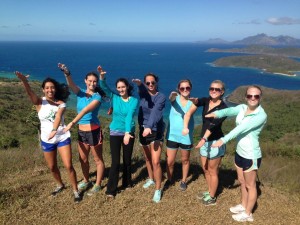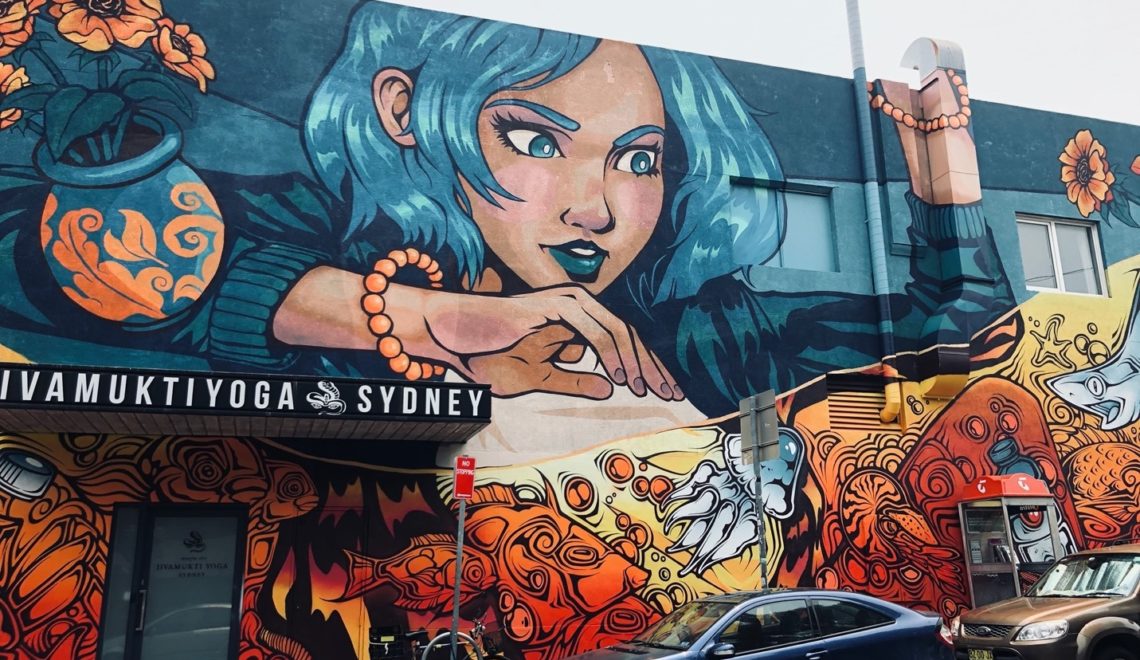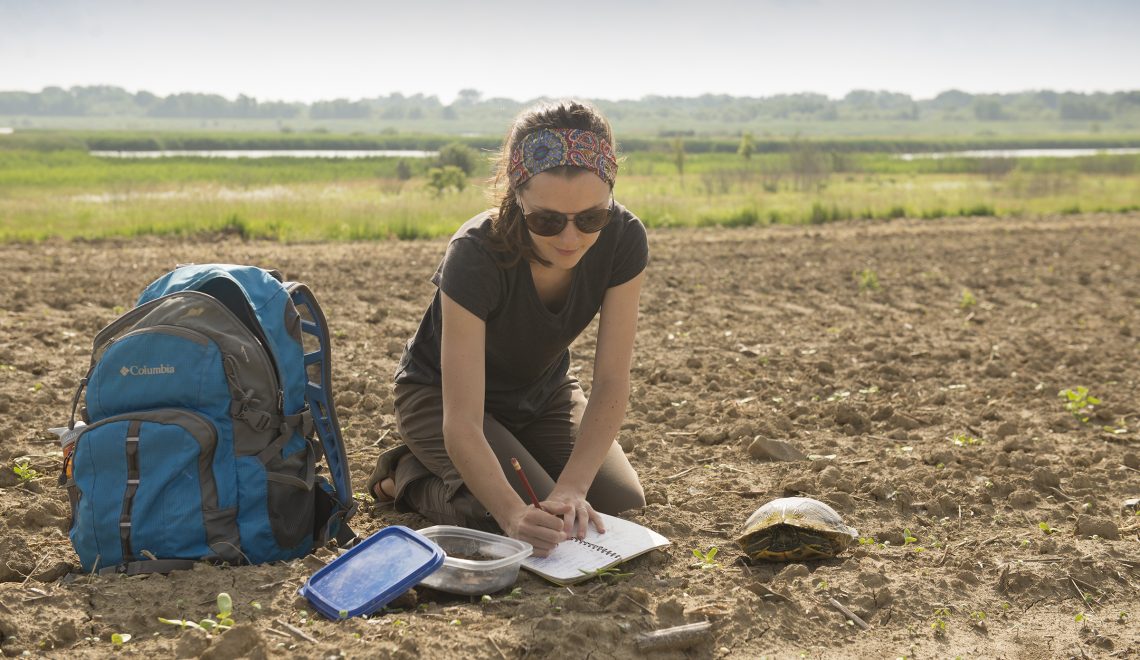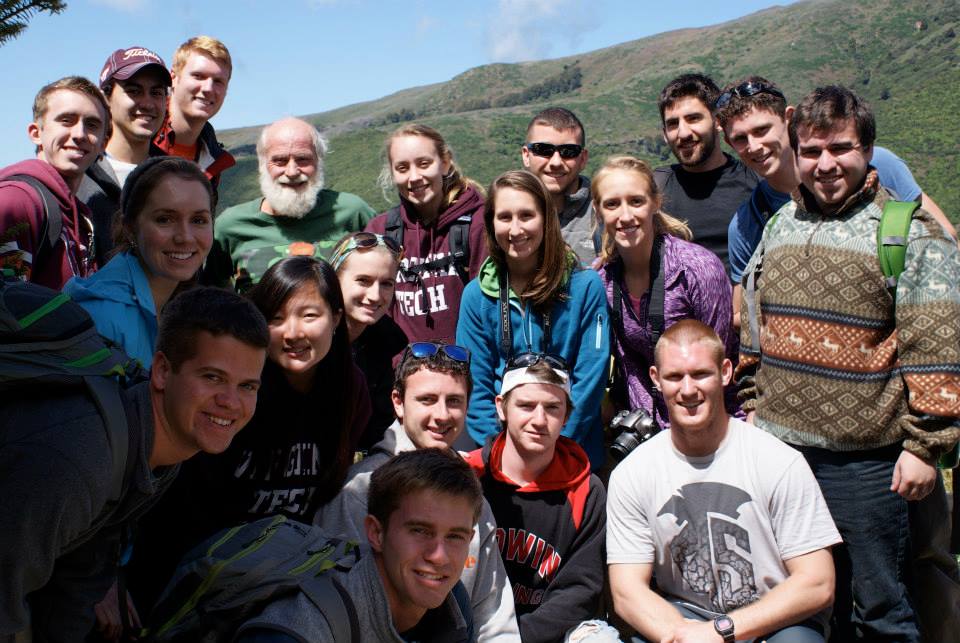Hannah Wannamaker, the Florida Down Under marketing intern writes:
 Generally, when people think of the Great Barrier Reef they picture a colorful paradise teeming with fish and coral, something similar to a scene from Finding Nemo. Growing up in Florida, I was no exception having dived my fair share of coral reefs. I believed The Great Barrier Reef would pale in comparison to anything I had ever seen before, and thought I knew everything about the ocean’s ecosystems. Little did I know, all of my preconceived ideas were wrong.
Generally, when people think of the Great Barrier Reef they picture a colorful paradise teeming with fish and coral, something similar to a scene from Finding Nemo. Growing up in Florida, I was no exception having dived my fair share of coral reefs. I believed The Great Barrier Reef would pale in comparison to anything I had ever seen before, and thought I knew everything about the ocean’s ecosystems. Little did I know, all of my preconceived ideas were wrong.
The Great Barrier Reef is at the tipping point of receiving the title of “endangered.” While participating in the Florida Down Under program, I participated in hands-on research, calculating the disparity between reefs with different amounts of human interaction. As I snorkeled around, I was awestruck when I saw the impacts of human development.
Commercial and recreational fishermen are collapsing the food webs by overfishing the larger fish on the reefs, which control the smaller fish populations. Farmers and waste management systems are allowing an influx of nitrogen, causing algae to bloom which then suffocate coral polyps. Carbon emissions from cars and industrial businesses are causing the calcium carbonate shells of mollusks to become weaker. These are only a few of the massive human impacts that are destroying this ecosystem. Seeing these relatively small-scale repercussions of our actions forced me to understand that we need massive change in order to protect our planet.
The Great Barrier Reef remains one of the most beautiful World Heritage areas. Some areas continue to flourish, while others reflect the impacts of human development and climate change, a reminder that our actions are beginning to catch up with us. Studying abroad in Australia and Fiji altered my view on the world. It taught me to become more accountable for my impact, a lesson which I am now eager to share with others.









